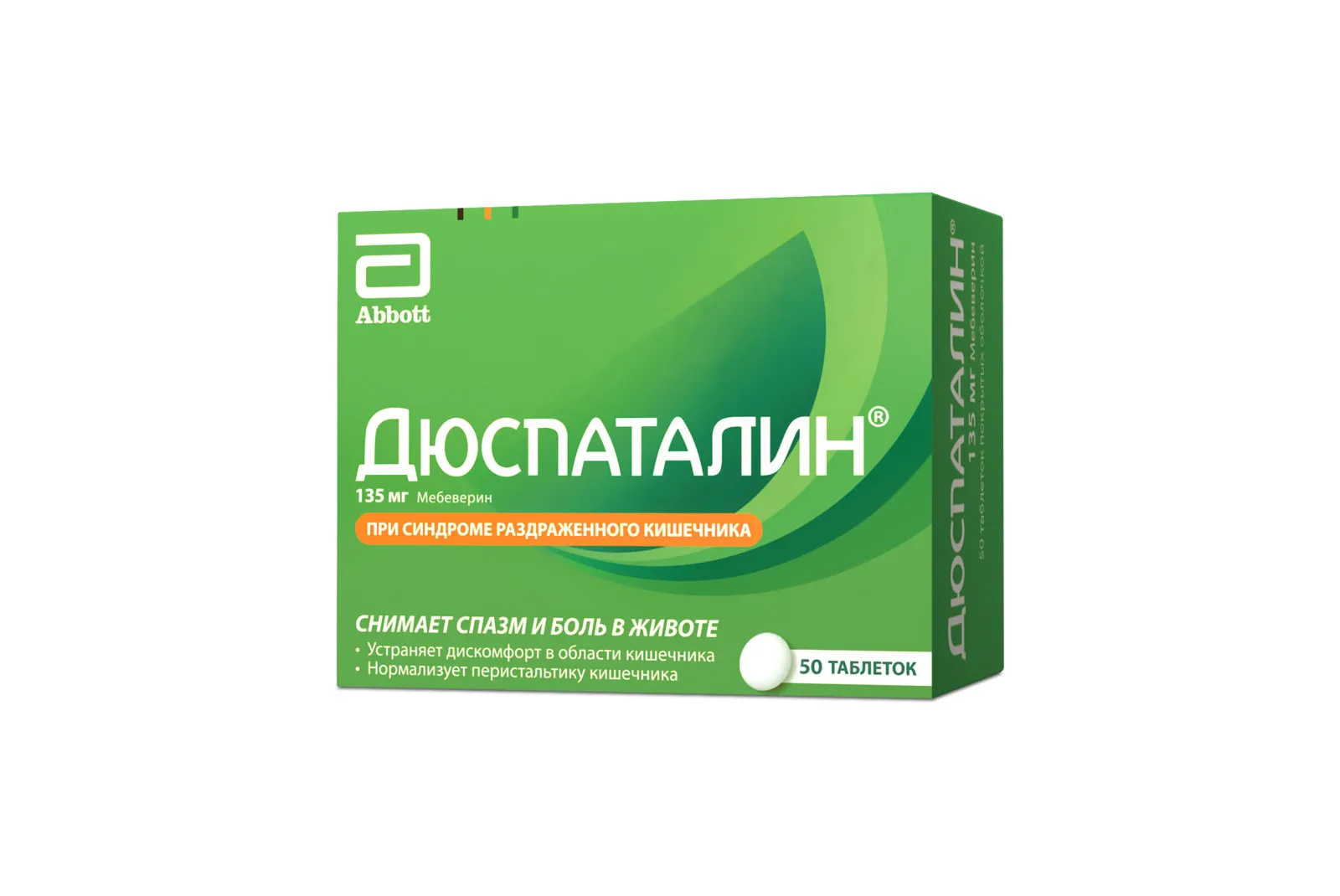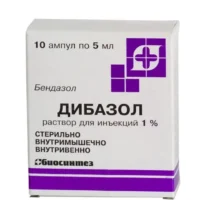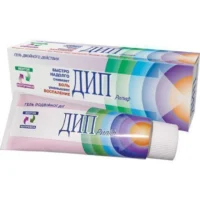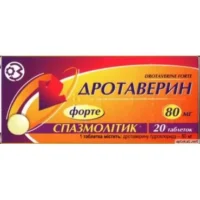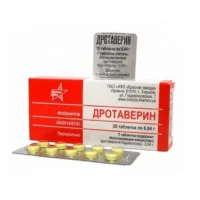Description
Duspatalin Capsules with Prolonged Release 200 mg. №30
Ingredients:
Each capsule contains 200 mg of Mebeverine Hydrochloride.
Mechanism of Action:
Mebeverine acts as a musculotropic antispasmodic agent, relieving smooth muscle spasm in the gastrointestinal tract.
Pharmacological Properties:
Mebeverine exerts its effects by directly affecting the smooth muscle in the intestines, leading to reduced spasm and pain.
Indications for Use:
Duspatalin capsules are indicated for the treatment of irritable bowel syndrome (IBS) symptoms, including abdominal pain, discomfort, bloating, and altered bowel habits.
Contraindications:
Avoid Duspatalin capsules if you have a known allergy to Mebeverine or any other components of the product. Consult with a healthcare provider before use.
Side Effects:
Common side effects may include dizziness, headache, and gastrointestinal disturbances. If you experience any severe side effects, seek medical attention promptly.
Usage Instructions:
Take one capsule orally twice daily, ideally before meals. Swallow the capsule whole with a glass of water; do not chew or crush it.
Benefits Compared to Analogues:
Duspatalin offers targeted relief for IBS symptoms with a lower risk of anticholinergic side effects compared to some other antispasmodic medications.
Suitable Patient Groups:
Duspatalin is suitable for adult patients, including the elderly, under proper medical supervision. Use in children should be determined by a healthcare provider.
Storage Conditions and Shelf Life:
- Store the capsules at room temperature, protected from moisture and heat.
- Keep out of the reach of children.
Packaging Description:
Duspatalin capsules are packed in a container with 30 capsules of 200 mg each, designed for prolonged release.
Clinical Evidence and Proven Effectiveness:
Studies have shown that Mebeverine effectively improves symptoms of IBS by reducing smooth muscle spasm in the gastrointestinal tract. Research published in the “Journal of Neurogastroenterology and Motility” has demonstrated Mebeverine’s efficacy in enhancing the quality of life for patients with IBS.

